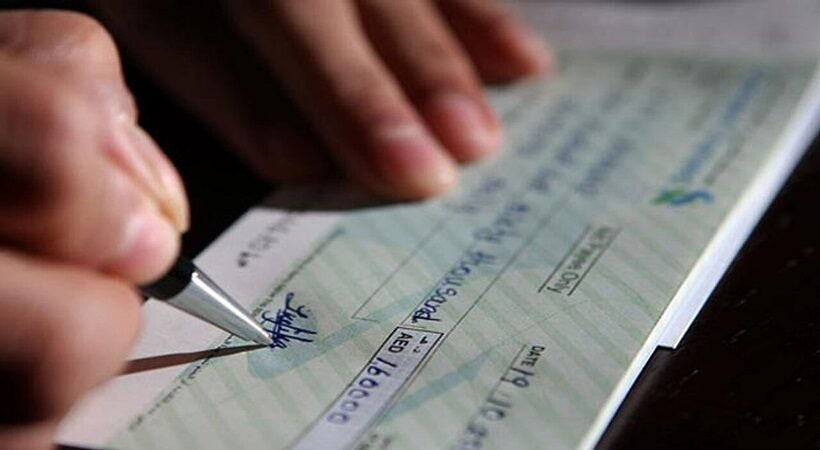Indian banks have been informing their customers about the introduction of ‘positive pay system’, which is a process of reconfirming the key details of high-value cheques for secure clearing.
You, as a non-resident Indian (NRI), holding bank accounts in India may have been receiving such notifications from your banks. So, you need to understand the implications and benefits of ‘positive pay system’ that promises safe and secure cheque transactions in India.
Reserve Bank of India (RBI), India’s central bank, on January 1, 2021, had implemented the new system to safeguard customers against cheque-related frauds involving huge amounts.
What is Positive Pay System?
Developed by the National Payments Corporation of India, the Positive Pay System is a process of reconfirming the key details of large value cheques. The details are cross-checked while issuing the cheque and in case of any discrepancy the same gets flagged. Under this system, an individual issuing the high-value cheque submits certain essential details such as date, name of the beneficiary, etc. to the drawee bank. The details can be submitted through electronic modes like SMS, internet banking, ATM, mobile app, etc.
As per the RBI instructions, Indian banks have enabled the facility for all account holders issuing cheques amounting to Rs 50,000 and above. While availing of the facility at the discretion of the account holder, banks may mandate it in case of cheque values of Rs 500,000 and above.
How Does It Concern You?
The new changes came in force to address the rise in cheque fraud cases and disputes. The ‘positive pay system’ offers bank customers the opportunity to confirm with their banks that they have issued the cheque to the beneficiary mentioned in the cheque leaf. Despite the voluntary nature of the new rule, most banks are mandating the clearing of cheques involving large value transactions. Customers can now take the risk of cheque bounces by not providing the details of high-value cheques in advance.
It adds another safety layer in the event of a dispute involving banks, the check issuers and the beneficiaries. The new rules by the RBI clarify that only those cheques that are registered under the Positive Pay System will be accepted for its dispute resolution mechanism. You can submit the details of your high-value cheques at least 24 hours prior to the clearance by your bank. Include the cheque details: account number, cheque number, date of the cheque, amount, transaction code, beneficiary name, magnetic ink character recognition (MICR) code.
Once you share the details with your bank through internet banking, ATMs, phone banking channels and emails, it will then cross-check the details while clearing the payment and any discrepancy leading to the payment being stopped will be notified to you. You will be informed through email or SMS if the cheque is accepted or rejected for any reason.



















